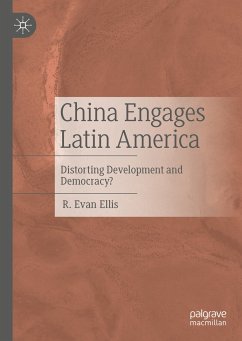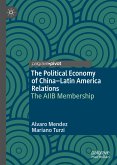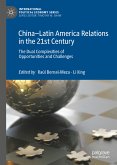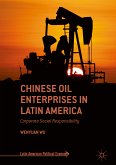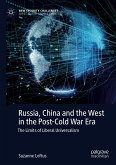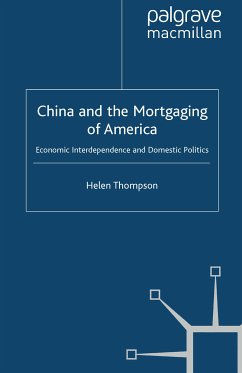This book explores China's engagement with Latin America and the Caribbean as a case study of its broader effort to use commercial tools and instruments of state to create a global economic order that functions to its benefit, while neutralizing challenges from institutions, states, and others that would oppose it. Unlike the common representation of the Cold War as a political-military struggle, this work uniquely examines China's current efforts as primarily seeking to dominate global value chains, with supporting political, technological, and military components. In this regard, it both leverages and goes beyond works based on dependency theory, which has played a key role in the academic and popular discourse in the region. The book examines evidence for China's economically-focused strategy within Latin America and the Caribbean, including the interrelationships and coordination between China's activities in different sectors, and between commercial, political, and other dimensions in the region. It further looks at the supporting role played by a diverse range of Chinese initiatives, from China's Belt and Road initiative, to people-to-people diplomacy, soft power, security engagement, and the PRC struggle with Taiwan for diplomatic recognition in the region, among others. The book highlights the implications for Latin America and the Caribbean, and for the U.S. whose prosperity and security is intimately tied to the region.
R. Evan Ellis is a research professor of Latin American Studies in the Strategic Studies Institute at the U.S. Army War College. His research focuses on Latin America's relationships with China and other non-Western Hemisphere actors, as well as transnational organized crime and populism in the region. He has published over 330 works, including China in Latin America: The Whats and Wherefores (2009), The Strategic Dimension of Chinese Engagement with Latin America (2013), China on the Ground in Latin America (2014), and Transnational Organized Crime in Latin America and the Caribbean (2018).
Dieser Download kann aus rechtlichen Gründen nur mit Rechnungsadresse in A, B, BG, CY, CZ, D, DK, EW, E, FIN, F, GR, HR, H, IRL, I, LT, L, LR, M, NL, PL, P, R, S, SLO, SK ausgeliefert werden.

